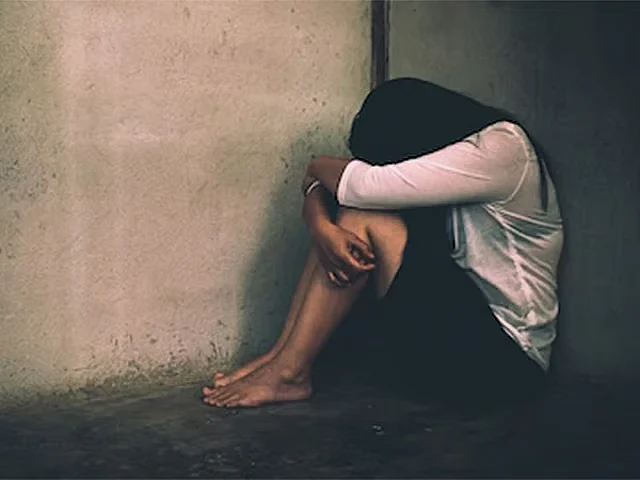Explainer: The gang-rape of a law student in Kolkata
The case has sparked protests and renewed conversations about campus safety

A horrifying case of alleged sexual assault has surfaced from South Calcutta Law College, where a 24-year-old first-year law student was allegedly gang-raped on campus by a former student and two current students on June 25, 2025. The case has sparked protests, political outrage, and renewed conversations about safety in educational institutions.
What exactly happened on June 25?
The survivor, according to her police complaint filed at the Kasba Police Station, had gone to her college to submit exam forms. Around 7:30 pm, she was allegedly cornered by the accused—Monojit Mishra, a 31-year-old practising criminal lawyer and former student, and two current students, Zaib Ahmed (19) and Pramit Mukhopadhyay (20).
She said she was dragged into the college security guard’s room near the students’ union office. The main gate was locked, and the security guard was made to sit outside, rendering her isolated and vulnerable. The woman claimed Mishra raped her while the other two stood guard, preventing her escape.
What did the survivor allege?
In her statement to the police—details of which were first reported by PTI, NDTV, and Indian Express—the woman said she resisted and repeatedly begged to be let go, telling Mishra that she was in a relationship and didn’t consent. Her pleas went unheard. She said she was not only raped, but filmed, threatened with blackmail, and warned that the video would be circulated if she spoke out.
She also reportedly suffered a panic attack during the ordeal and asked for her inhaler, which was eventually given to her by one of the accused. According to her statement, she was finally released at 10:50 pm.
Was there medical confirmation of the assault?
Yes. A senior Kolkata Police official confirmed to PTI that a medical examination corroborated the survivor’s account. The findings included evidence of forceful penetration, bite marks, nail scratches, bruising around her neck, and injuries consistent with being struck on the head with a hockey stick.
Are the accused in custody?
All three accused—Mishra, Ahmed, and Mukhopadhyay—have been arrested and charged. Police say Mishra committed the rape while the others enabled the crime by standing guard and controlling access.
Why is this being called a case of gang rape?
Chief Police Prosecutor Sourin Ghosal cited a Supreme Court ruling stating that even those who do not physically commit the act of rape but participate in any way—such as by facilitating it—are to be held equally responsible in a gang rape case. Given that all three men allegedly played a role, they face the same legal charges.
Is there a political dimension to this case?
Yes. According to multiple reports in Indian Express and Firstpost, Monojit Mishra was previously affiliated with the Trinamool Congress’s student wing, the TMCP, and served as the college unit’s president. Despite graduating four years ago, he reportedly remained influential on campus and was employed as a temporary non-teaching staff member at the college.
The two other accused are also believed to be associated with the college’s TMCP unit. This has led to sharp criticism from opposition parties, including the BJP, Congress, and Left, who have accused the ruling TMC of fostering a culture of impunity.
How has the TMC responded?
TMCP president Trinankur Bhattacharya has denied any official ties to Mishra, claiming he was never part of their leadership and that the student body at the college has been inactive for years. He has demanded the strictest punishment if the accused are proven guilty.
Still, the political fallout has been swift, with opposition groups planning protests and calling for greater accountability from the government.
Why is this case being compared to the RG Kar incident?
The brutality of the assault has drawn immediate comparisons to the 2024 rape and murder of a trainee doctor at RG Kar Medical College in Kolkata. That case too involved sexual violence, institutional silence, and political connections. The victim had suffered horrific injuries, and the hospital principal—allegedly close to the TMC—was later jailed for attempting to dismiss the crime as a suicide.
That case, reported extensively by NDTV and PTI, had triggered protests across the country. This current case has once again brought attention to the vulnerability of women on institutional campuses and the urgency of systemic reform.
What happens next?
As the legal process unfolds and protests intensify, this case is likely to remain a flashpoint—particularly with the 2026 West Bengal Assembly elections on the horizon. The survivor’s testimony and the medical findings have strengthened calls for swift justice and scrutiny of how political power intersects with student institutions.
Sign up for the Daily Briefing
Get the latest news and updates straight to your inbox
Network Links
GN StoreDownload our app
© Al Nisr Publishing LLC 2026. All rights reserved.